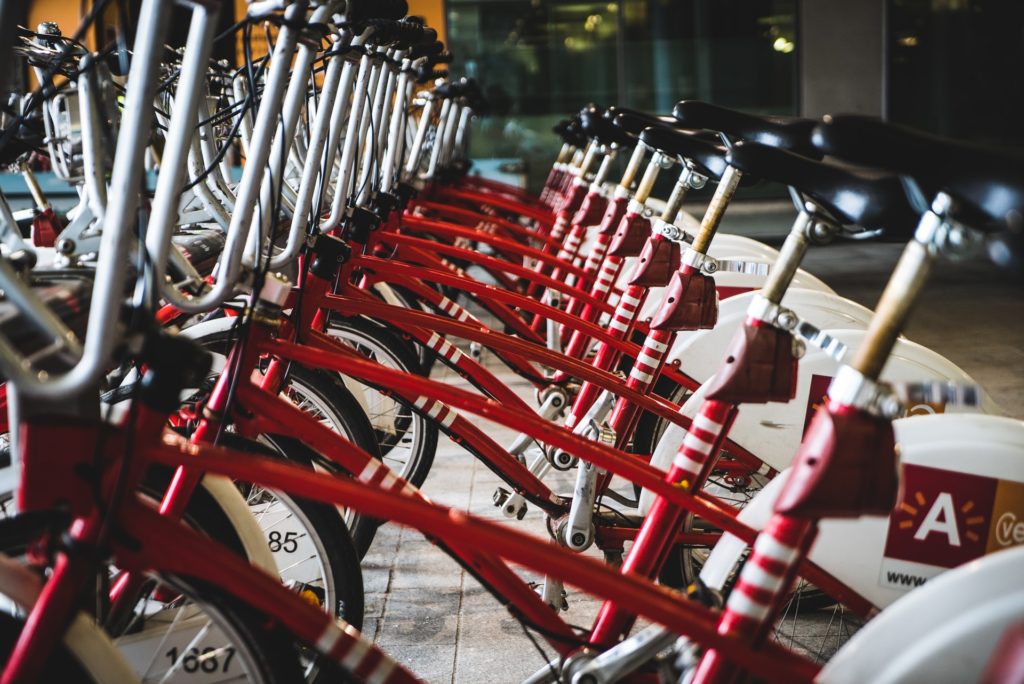
"We can offer our goods and spaces to others by putting them to good use economically." So, in 2015, the journalist Gea Scancarello wrote in I trust you, one of the first books on sharing economy published in Italy. "In some cases - continued the essay - these services modify the traditional supply chains that go from the consumer to the producer; in others they create new reference markets. Moreover, often they can even change the idea of community ». Also born in response to the crisis of 2008, as a smart and green solution for comfortable and competitive services on prices, the sharing economy has also affected our country by changing habits in travel, in the way of doing holidays, in the attitude to exchange of experiences. Today, however, trust, a key concept for the sharing economy, is confronting (and clashing) with the fear of people and consumers: the coronavirus emergency forced citizens to move away from each other. Will a vaccine be enough, if and when it arrives, to make everything return as before?
Airbnb and the layoff of 1900 employees
Airbnb, the sharing economy giant, is one of the multinationals overwhelmed by the global lockdown. «In this crisis I felt like the captain of a ship hit by a torpedo» he has declared the CEO Brian Chesky in an interview. Once the pandemic broke out, the company immediately guaranteed the full reimbursement of reservations, allocating $ 250 million to the hosts, however, to cover only the 25% of the losses. In a letter published on the Airbnb website, the CEO admitted that he did not know when tourism could start again: why he was forced to dismiss 1900 of the 7500 employees. Waiting for better times, meanwhile, the company has published a protocol for cleaning and sanitizing spaces.
Would you share a ride in a car today?
Another sector affected by the pandemic emergency was that of transport, one of the most revolutionized by the sharing economy in recent years. Car pooling had become a real habit for thousands of workers, students and commuters, especially in large cities. The present and the future, however, are uncertain for giants such as BlaBlaCar and Uber (which announced the layoff of 3,700 employees). The challenge for these services lies in a double unknown: on the one hand the amount of people who will return (or not) to move in the cities - many workers, for example, will still remain in smart working for a long time -, on the other the ability to sanitize means that pass every day in the availability of dozens of different users. The same also applies to shared scooters and bicycles, fundamental means for protecting the environment, and therefore health. The environmental sustainability that different sharing economy solutions have in common seems destined to remain in the long run a strong point in favor of this new shared economy, despite the "crisis of confidence" brought by Covid-19.
Sharing economy: live or die
"In a world where the coronavirus pandemic has transformed social distancing into a new lifestyle, companies whose business models are based on people's willingness to share their personal space are now in difficulty." So we read in an article of theAssociated Press trying to shed light on the possible solutions of the sharing economy for the so-called Phase 2 and Phase 3. In short, is there room for these services in the new normal? "The sharing economy platforms - he told the AP Erik GordonProfessor of the Ross School of Business of the University of Michigan - they face a greater obstacle than other players, probably for the first time in years ».
In the short term, the numbers seem to be issuing a sentence, but some large-scale forecasts for the next decade indicate a possible restart of the sector. On May 7, a reports which, in light of the pandemic and its effects on sharing services worldwide, still confirms a "significant" growth scenario for the sharing economy between 2020 and 2027. If it is true that nothing will be as before, the unknowns the industry can be stepping stones to offer innovative services based on trust, sustainability and sharing.
After months of lockdown, for example, the experience of remote school and online training could create new knowledge sharing platforms to distribute content and information to students and professionals. One thing seems certain: the need for sharing will continue to be present in our societies and, sooner or later, we can go back to doing it without the limits imposed by social distancing. It is therefore reasonable to think that - with or without Airbnb, Uber and the other big players in the sector - the sharing economy will still be a protagonist in the communities of the future.
Alessandro Di Stefano






